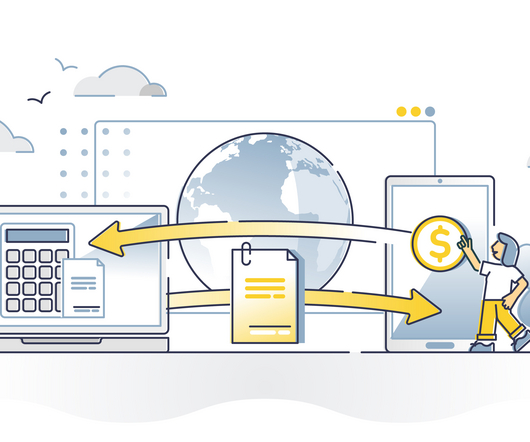What Is an ACH API and How Does It Work?
Stax
JUNE 23, 2025
The customer must give the originating bank or financial institution authorization to debit or credit their savings or checking account. Your bank (the ODFI) will collect all the transaction files you sent and forward them to an ACH operator. This will ensure payments are hassle-free for as long as they remain a customer.











Let's personalize your content